
Here is some historical context about Swasti Vachan:
-
Ancient Origins: Swasti Vachan can be traced back to the ancient scriptures of India, particularly the Vedas, which are among the oldest sacred texts in the world. The Vedas contain hymns, prayers, and rituals, and they often begin with invocations for blessings and auspiciousness. Swasti Vachan likely evolved from these early Vedic practices.
-
Role in Rituals: Swasti Vachan plays a significant role in various Hindu rituals and ceremonies. It is recited at the beginning of important life events such as weddings, childbirth, housewarming ceremonies, and religious festivals. The purpose is to seek divine blessings and ensure that the event is conducted without any obstacles or negative influences.
-
Spiritual Significance: Swasti Vachan also carries spiritual and philosophical significance. The word “Swasti” itself means well-being, and the verses invoke blessings for the well-being and prosperity of individuals and communities. It reflects the core values of Hinduism, which emphasize the pursuit of a harmonious and prosperous life.


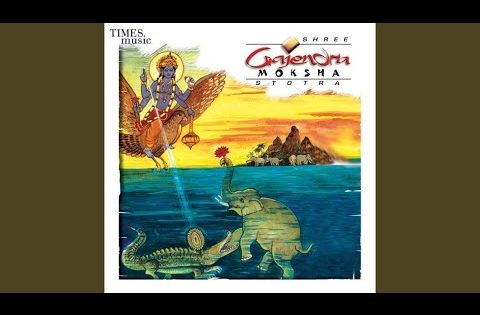


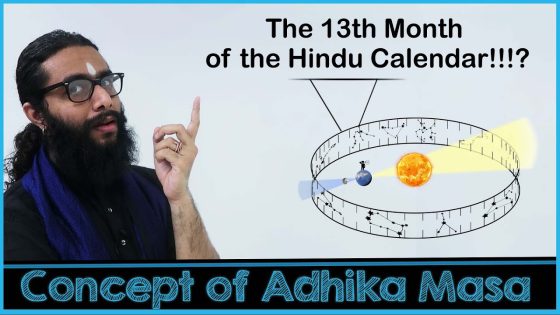

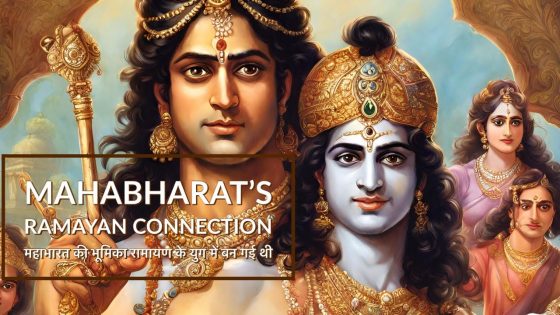
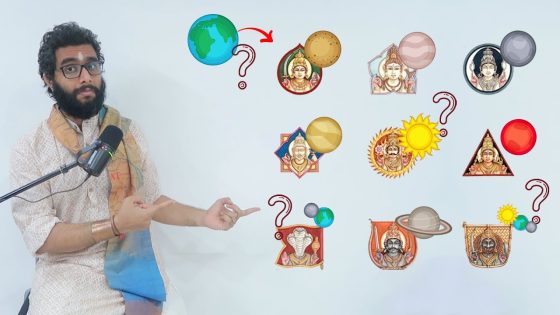
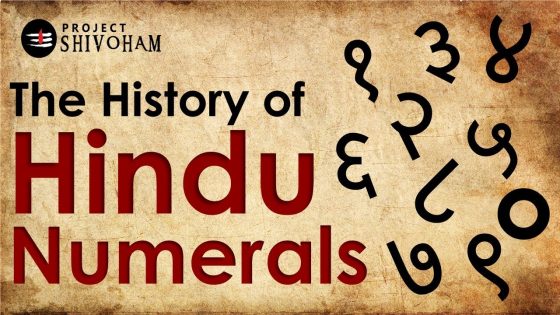


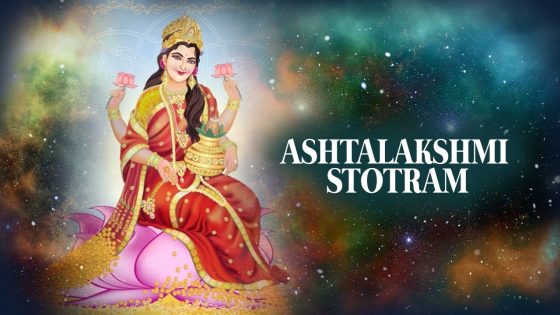

Be the first to comment